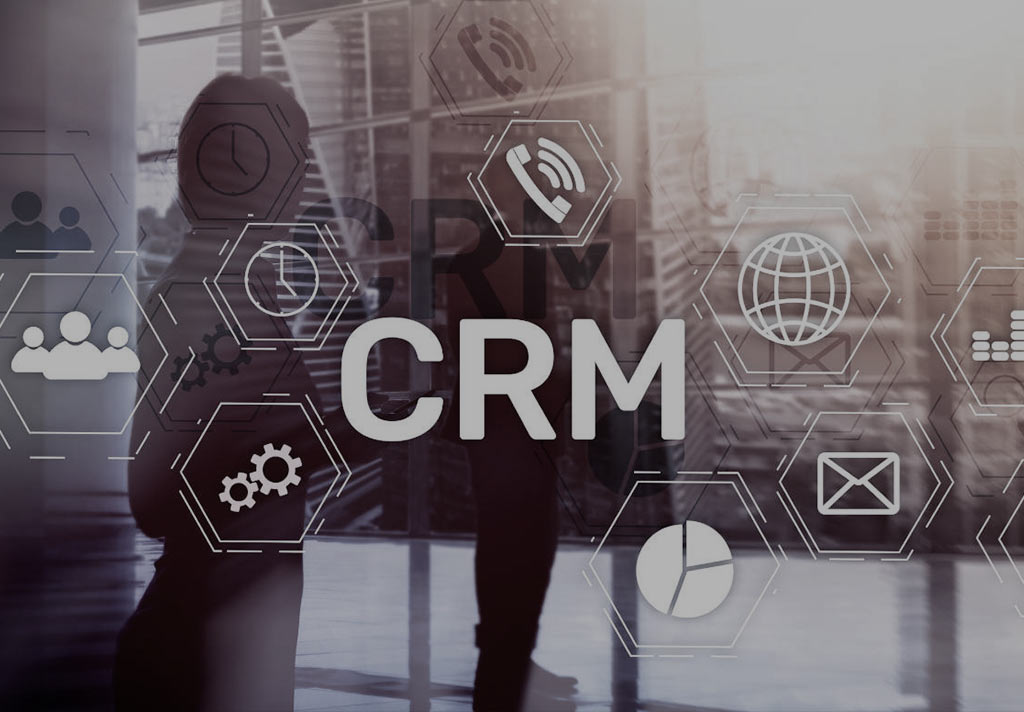Why Agile CRM integrations are better than Waterfall
Agile CRM integrations complement dynamic organizations to compensate for the shorter cycles of product or service deliverance .

Since the very inception of the B2B businesses, customer relationship management has been in use in some way or the other. However, the development of CRM software is fairly new. Keeping in view the dynamism of B2B businesses and the overarching influence it cascades in the client acquisition, lead nurturing, sales conversions and client retention, there are several reasons to prefer agile CRM integrations over the waterfall. Agile CRM integrations complement the organizations incurring increased change.
Owing to the ever-increasing requirement of businesses to accelerate and compensate for continuous changes in business strategies amidst the shorter cycles of anticipated product or service deliverance, agile CRM integrations are better than waterfall.
Agile CRM integrations are need of the hour for modern businesses to meet the expectations of their customers and to outlast their competitors in the lead acquisition, nurturing and sales closure game. Modern customers demand nothing less than hyper-tailored experiences, crafted to suit their specific stages in the buying cycles and as such agile CRM integrations are irrevocably uncompromisable.
You might have every other marketing strategy in place but without you will be doing your customer relationship management wrong, which can cause you to kiss some of your most invaluable customers goodbye for good.
Without your customers wouldn’t feel valued in a way they deserve and failing to deliver the seamless customer experience expected might cause your customers to drift away to your competitors.
Marc Ostrofsky, NYT Best-selling author quotes the importance of CRM software as follows:
“Corporations invest in sophisticated CRM, or Customer Relationship Management, programs to effectively oversee their relationship with their customers at every point during the buying process.”
While there’s no one size fits it all formula when it comes to CRM integrations, the agile CRM integrations have several advantages over the age-old waterfall integrations.
Let’s inspect how agile CRM integrations and waterfall CRM integrations occur before deciphering the business values of each of them individually.
Agile CRM Integrations
In the agile CRM integrations, the requirements of a project aren’t considered as ‘fixed’. Both the success criteria as well as the goals are approached incrementally. The requirements are arranged, assembled, designed, developed and implemented in accordance with each subset of the project.
Waterfall CRM Integrations
The waterfall implementation methodology has been used by businesses for more than two decades now.
Waterfall CRM Integrations treat the requirements of a project as ‘fixed’. Starting ahead with the ‘fixed’ requirements, the project is designed, developed and deployed after a fair amount of testing. Only after the deployment, the outcome can be analyzed, evaluated and improved.
Reviewing Different Aspects of Agile CRM integrations and Waterfall CRM integrations
1. Value Proposition
Throughout the project execution and deployment, increment value. The value proposition induced by agile CRM integrations is quickly reflected and can be assessed by the team responsible for agile CRM implementation. With each sprint, the managers can inspect the outcome.
With waterfall CRM integrations, the value proposition is reflected only at the last stage of the project.
2. Risk Assessment
With, there is continuous testing throughout the project. Thus, the outcomes, values, and flaws associated with the process can be reviewed after each sprint. Whenever any risk is observed, there is often scope and ample amount of time to invent measures to tackle it.
The waterfall CRM integrations, on the other hand, allows risks to be identified only at the final stage. By the time the problem is realized, it’s too late to tackle the problem.
Thus, agile CRM integrations can be beneficial for marketers with large and complex business processes, subject to dynamic changes, followed up with ambiguous or ever-evolving requirements. Waterfall CRM integrations should only be preferred when the scope of the project is clearly defined and so is the requirement from CRM implementation – which isn’t often the case with real-time business scenarios of modern times.
Wrapping Things Up
Though are newer to CRM implementation as compared to the waterfall CRM integrations, it’s a proven method for CRM software implementation.
Agile CRM integrations have a short-term planning horizon whereas the waterfall CRM integrations have a long-term planning horizon. With come sled governance and lateral team approaches and requirements evolve to be defined in time.
Waterfall, on the other hand, have a hierarchical approach and problems need to be defined upfront for there exists the little scope for improvement later on.
Agile CRM integrations allow continuous testing and QA throughout the project, allowing the CRM integration to be more user-friendly. Waterfall CRM integrations, on the other hand, are less dependent on users and testing and quality control are majorly at the end.
With agile, there’s frequent deliverance of features verified by the customers that also form the plot for the progress of the project. Incremental solutions are delivered with each sprint. With waterfall CRM integrations, delivery is essentially at the end, making interim project measurement difficult.
Thus, with agile CRM integrations customer and business success is more assured as business value is delivered continually and incrementally amidst dynamic and uncertain project requirements and clients’ expectations. With waterfall CRM integrations success is possible only if the business requirements are certain and confirmed, which seems to be a bleak scenario in the modern business landscape.
Agile CRM integrations can also be seamlessly coupled with several leading third-party service providers, websites and apps for enabling an in-depth data analysis, equipping marketers to be more data-driven in their business decision-making processes. For having access to complete customer data and for smarter selling using predictive insights from data points such as intent-data, the can be intertwined with email marketing, social media marketing, customers’ billing stats and with various complementary apps that collect customers’ data.
Read more on How Intent Data Analysis Helps B2B Companies Boost ROI.
The CRM Services by Valasys Media can help you to make, record and automate calls from CRM. Our other services such as Event Marketing, Content Syndication, Lead Generation, Contact Discovery, Account-Based Marketing, Lead Nurturing & Appointment Setting help marketers plan, execute and optimize several marketing campaigns so that they can achieve their underlying business objectives and revenue goals.
Don’t feel overwhelmed or confused thinking about the numerous agile CRM integrations and numerous customer relationship management offerings.



